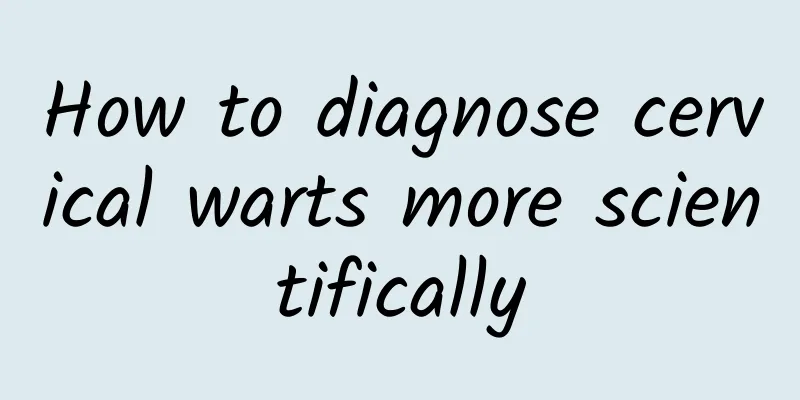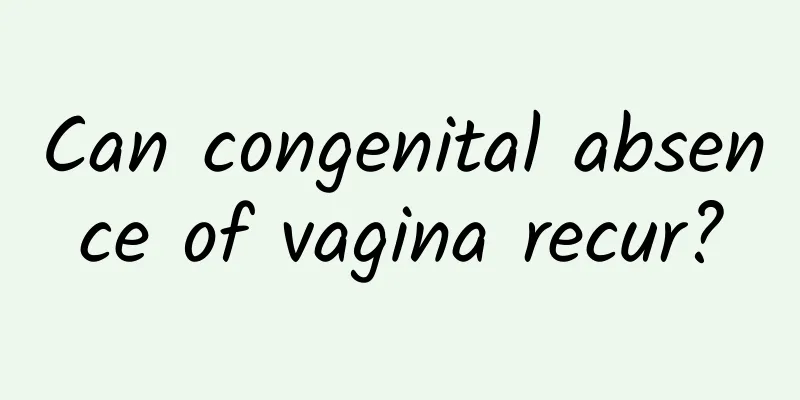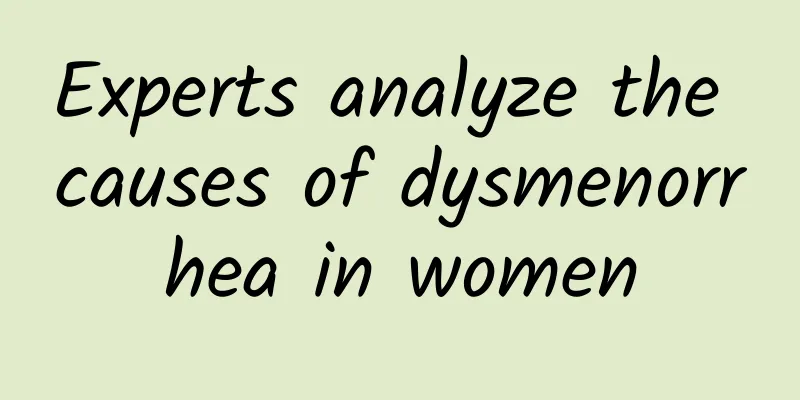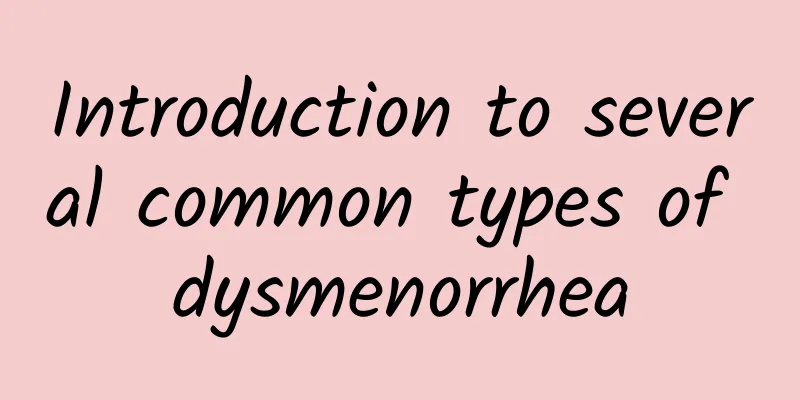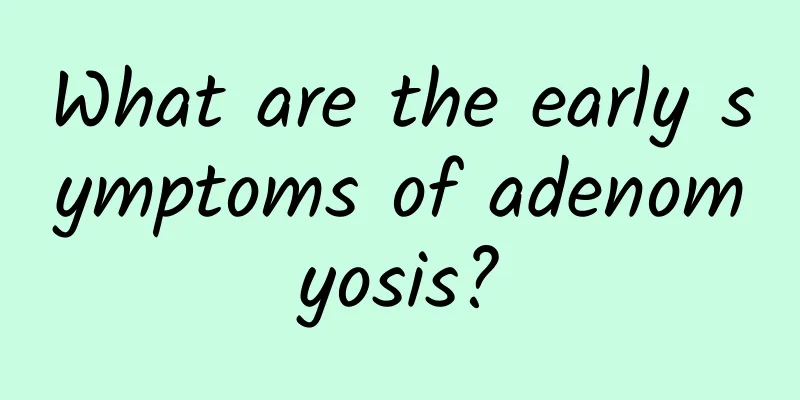What are the traditional Chinese medicine treatments for uterine fibroids?
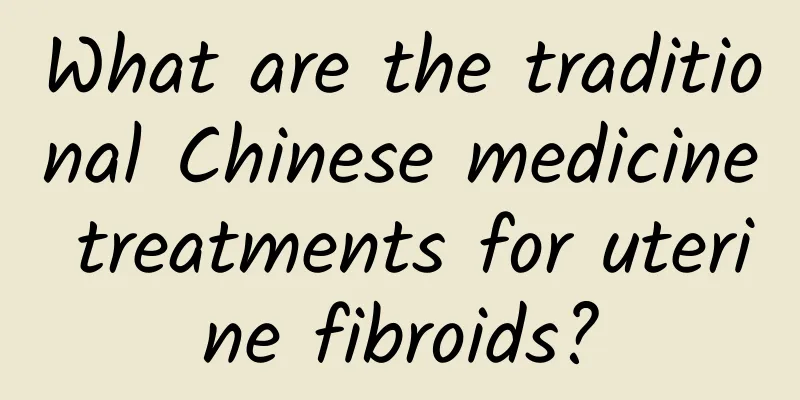
|
Uterine fibroids are the most common benign tumors in women. They can be classified into the categories of "stone masses", "uterine bleeding" and "symptom masses" in traditional Chinese medicine. Traditional Chinese medicine believes that their occurrence is mostly due to the disharmony of internal organs, imbalance of qi and blood, and the accumulation of phlegm, depression and blood stasis in the uterus, which becomes a symptom over time. The treatment methods mainly include the following aspects: 1. Treatment based on syndrome differentiation Traditional Chinese medicine divides uterine fibroids into multiple syndromes. Among them, the syndrome of qi stagnation and blood stasis should be treated by promoting qi and blood circulation, removing blood stasis and eliminating symptoms. The prescription of Gexia Zhuyu Decoction can be selected; the syndrome of cold and dampness stagnation should be treated by warming the meridians and dispelling cold, promoting blood circulation and eliminating symptoms. The prescription of Shaofu Zhuyu Decoction with modifications can be selected; the syndrome of phlegm, dampness and blood stasis should be treated by resolving phlegm and dampness, promoting blood circulation and eliminating symptoms. The prescription of Kaiyu Erchen Decoction with modifications can be selected; the syndrome of kidney deficiency and blood stasis should be treated by tonifying the kidney and activating blood circulation, eliminating symptoms and dispersing nodules. The prescription of Jinkui Shenqi Pills combined with Guizhi Fuling Pills can be selected, etc. 2. Chinese patent medicine After TCM syndrome differentiation, patients with blood stasis syndrome can be treated with oral Guizhi Fuling Capsule, a Chinese herbal medicine. 3. Acupuncture Body acupuncture: If you choose uterus, Qugu and Henggu as the main acupoints, you can choose Sanyinjiao, Ciliao, Xuehai, Shenshu, etc. as the auxiliary acupoints; or you can choose Ashi point, Neiguan, Zhaohai, etc. Electroacupuncture: The main acupoints can be Zhongji, Guanyuan, Shuidao, Guilai, and Pigen, and the auxiliary acupoints can be Quchi, Hegu, Zusanli, Shenshu, etc. 4. Chinese medicine application method For example, roast and grind dung beetle and Clematis chinensis into powder, mix with appropriate amount of rice wine and apply to the patient's navel, and cover with plaster; or mash Pinellia ternata and scallion into a paste, apply to the navel, cover with injury and dampness plaster, etc. |
<<: What is the difference between cervical cysts and uterine fibroids?
>>: Diet therapy for pelvic inflammatory disease
Recommend
Why is congenital absence of vagina difficult to cure?
For a woman, if she suffers from congenital vagin...
What to do if you have functional uterine bleeding
Treatments for functional uterine bleeding includ...
When is the best time to perform uterine fibroid surgery? How to perform conservative treatment on uterine fibroids?
Ms. Li recently underwent a gynecological physica...
How is an artificial abortion performed and what are the precautions for artificial abortion?
When you want to have an artificial abortion, you...
Overeating due to stress? Tap 8 parts to lose weight quickly
Physical health performance is closely related to...
Experts explain important methods to prevent acute adnexitis
Clinically, acute adnexitis is a great harm to wo...
Lack of menstruation after miscarriage
Less menstrual flow after miscarriage is usually ...
What kind of harm does pelvic inflammatory disease usually cause?
Pelvic inflammatory disease is also a gynecologic...
Effective preventive measures for cervical erosion
The incidence of cervical erosion is very high in...
Experts introduce the main methods of preventing and treating chronic cervicitis
Clinically, the cause of chronic cervicitis is no...
What is the reason for scanty menstruation? How to treat it?
Normal women have menstrual flow of 30 to 80 ml e...
What are the symptoms of mild cervical erosion?
The clinical manifestation of mild cervical erosi...
How to treat adenomyosis at the age of 44
The incidence of adenomyosis has been increasing ...
What is threatened miscarriage?
Some women in early pregnancy go to the hospital ...
What are the symptoms of cervicitis in women? How should women prevent cervicitis?
Cervicitis is a common gynecological disease for ...

